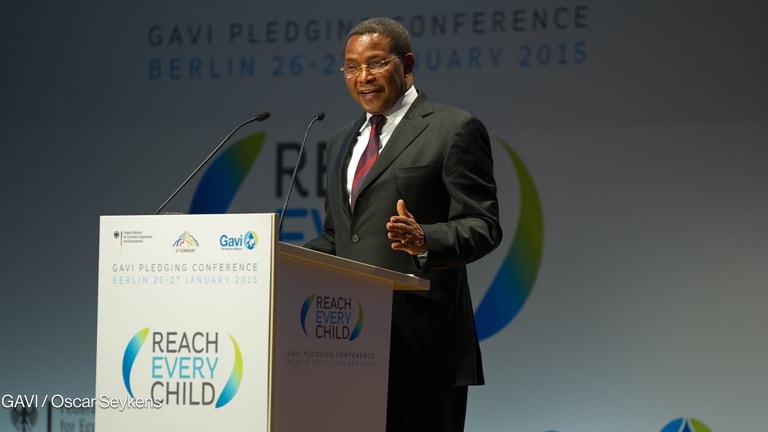Core programming for Gavi, the Vaccine Alliance hasn’t been impacted by the Trump administration’s ongoing gutting of the United States Agency for International Development.
Gavi — a public-private partnership that helps vaccinate more than half the world’s children against infectious diseases — received some $300 million from the U.S. government last December.
Last June, the Biden administration pledged at least $1.58 billion over the next five years to the organization. Gavi is amid its investment campaign to secure $9 billion from donors for its programming for 2026 to 2030.
Printing articles to share with others is a breach of our terms and conditions and copyright policy. Please use the sharing options on the left side of the article. Devex Pro members may share up to 10 articles per month using the Pro share tool ( ).








